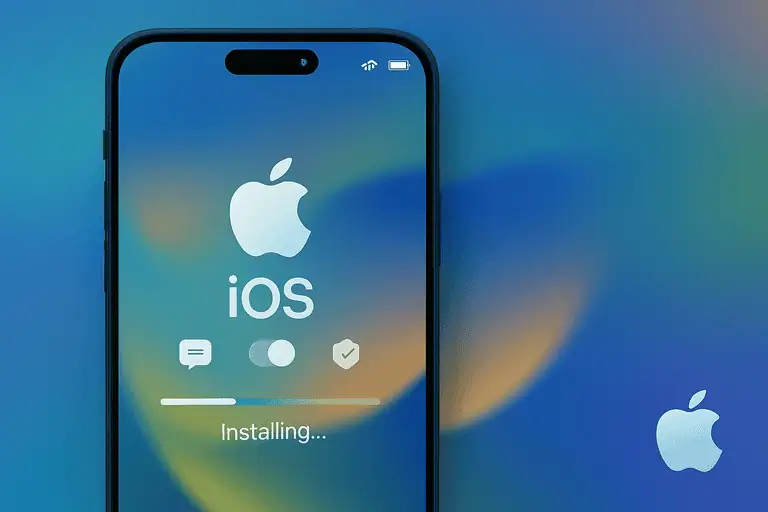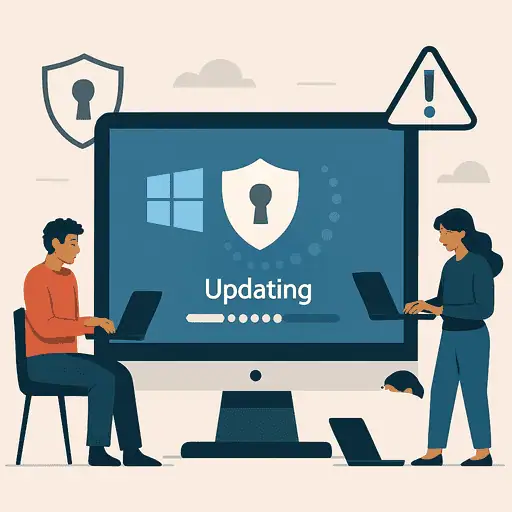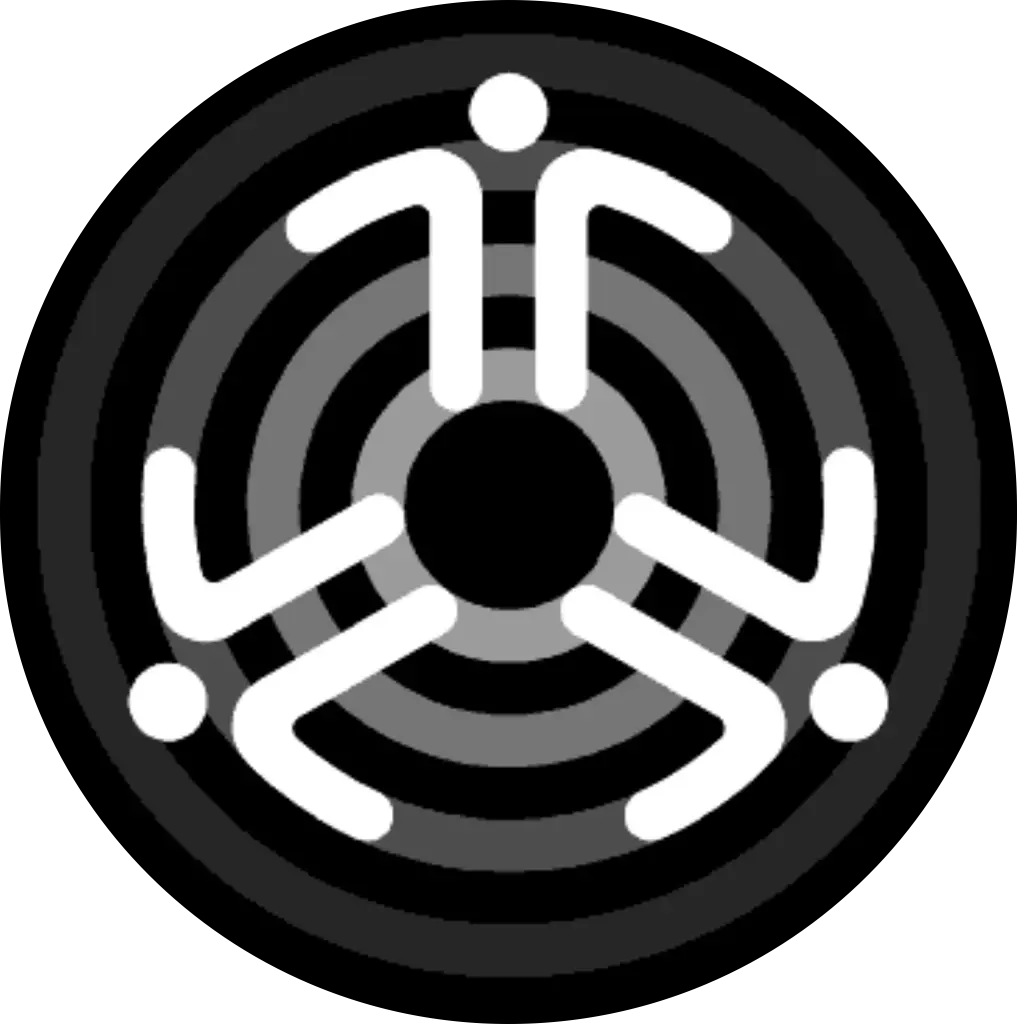Impressive. Most Impressive
Category: blog
-

Apple iOS 7 available for iPhones and iPads September 18 2013
Apple will be releasing iOS 7, Apple’s update to the operating system for its iPhone and iPad devices on September 18 2013.
The update will likely be available from Apple around 1pm local time, if indicators regarding iOS 7 availability from other countries are correct. However, given the anticipated demand as everyone tries to update around this time, it might be prudent to wait a while (But where’s the fun in that? ;-).
iOS 7 will be available for the following iOS devices
- iPhone 4, iPhone 4s, iPhone 5,
pre-installed on iPhone 5c and iPhone 5s
- iPad 2, iPad with Retina display and iPad mini
- iPod touch 5th generation (16GB/32GB/64GB) models
Apple iOS 7 is a significant upgrade for iOS, visually and functionality. The Apple’s iOS site has a detailed breakdown of the iOS 7 design and iOS 7 features. Check out
PCMag.com’s guide on how to update to iOS 7 and MacWorld’s coverage of iOS 7.
-
The Feynman Lectures on Physics, Volume I available online
The Feynman Lectures on Physics website: http://www.feynmanlectures.caltech.edu/
Caltech and The Feynman Lectures Website have made available an online edition of the The Feynman Lectures on Physics. From the Preface:
“Nearly fifty years have passed since Richard Feynman taught the introductory physics course at Caltech that gave rise to these three volumes, The Feynman Lectures on Physics. In those fifty years our understanding of the physical world has changed greatly, but The Feynman Lectures on Physics has endured. Feynman’s lectures are as powerful today as when first published, thanks to Feynman’s unique physics insights and pedagogy. They have been studied worldwide by novices and mature physicists alike; they have been translated into at least a dozen languages with more than 1.5 millions copies printed in the English language alone. Perhaps no other set of physics books has had such wide impact, for so long.”
(H/T Kottke)
-

New Yorker Article : How Facebook makes us unhappy
The New Yorker’s Maria Konnikova writes on “How Facebook makes us unhappy” . An excerpt:
“The key to understanding why reputable studies are so starkly divided on the question of what Facebook does to our emotional state may be in simply looking at what people actually do when they’re on Facebook. “What makes it complicated is that Facebook is for lots of different things—and different people use it for different subsets of those things. Not only that, but they are also changing things, because of people themselves changing,” said Gosling. A 2010 study from Carnegie Mellon found that, when people engaged in direct interaction with others—that is, posting on walls, messaging, or “liking” something—their feelings of bonding and general social capital increased, while their sense of loneliness decreased. But when participants simply consumed a lot of content passively, Facebook had the opposite effect, lowering their feelings of connection and increasing their sense of loneliness.…….
…….In other words, the world of constant connectivity and media, as embodied by Facebook, is the social network’s worst enemy: in every study that distinguished the two types of Facebook experiences—active versus passive—people spent, on average, far more time passively scrolling through newsfeeds than they did actively engaging with content. This may be why general studies of overall Facebook use, like Kross’s of Ann Arbor residents, so often show deleterious effects on our emotional state. Demands on our attention lead us to use Facebook more passively than actively, and passive experiences, no matter the medium, translate to feelings of disconnection and boredom.”
-

Microsoft Security Bulletin Summary for September 2013
Read the bulletin in full at
http://technet.microsoft.com/en-us/security/bulletin/ms13-sepListed in the bulletin are
- critical updates to Internet Explorer versions 6 to 10
- critical updates to Microsoft Outlook 2007 and 2010
- important updates to Microsoft Office 2003, 2007 and 2010
-

Java 7 Update 40 available for download
Oracle released Java 7 Update 40. Whilst there is no mention of any security flaws fixed by this new version of Java, you should probably update, (if you are running older versions like Java 6 or earlier, you should update!).
You can download Java at http://www.java.com/en/download/index.jsp or if you want to manually download Java for Windows, Mac, Linux, try http://www.oracle.com/technetwork/java/javase/downloads/jre7-downloads-1880261.html
If you have older versions of Java, you should remove them as soon as possible. The http://www.java.com/en/download/faq/remove_olderversions.xml page has more information and tools on how to remove older versions of Java.
As a additional security precaution, you can disable the execution of Java content in your browser.

-

Security updates available September 10 2013 for Adobe Reader and Acrobat for Windows & Macintosh
Adobe has updated its Adobe Reader software (used to view PDF files) and Acrobat software for Windows and Macintosh to “address vulnerabilities that could cause a crash and potentially allow an attacker to take control of the affected system”.
Such vulnerabilities in Adobe Reader (and Acrobat) before September 10 2013 could allow for execution of unwanted code (typically installing malware or viruses/worms on your PC), without your consent just by opening a PDF.
The affected versions are:
- Adobe Reader XI (11.0.03) and earlier 11.x versions for Windows and Macintosh
- Adobe Reader X (10.1.7) and earlier 10.x versions for Windows and Macintosh
- Adobe Acrobat XI (11.0.03) and earlier 11.x versions for Windows and Macintosh
- Adobe Acrobat X (10.1.7) and earlier 10.x versions for Windows and Macintosh
Read the Adobe Security bulletin atfor download links to update your Adobe Reader and Acrobat programsbut the vulnerabilities in versions of Adobe Flash before September 10 2013 could allow for execution of unwanted code (typically malware), without your consent just by visiting a website
-

Security updates available September 10, 2013 for Adobe Flash Player for Windows, Macintosh, Linux & Android

According to the Adobe Security Bulletin dated September 10 2013, Adobe has released updated versions of its Adobe Flash Player on various platforms, specifically for:
- Adobe Flash Player 11.8.800.94 and earlier versions for Windows and Macintosh,
- Adobe Flash Player 11.2.202.297 and earlier versions for Linux
- Adobe Flash Player 11.1.115.69 and earlier versions for Android 4.x, and
- Adobe Flash Player 11.1.111.64 and earlier versions for Android 3.x and 2.x
to ” address vulnerabilities that could cause a crash and potentially allow an attacker to take control of the affected system.”
You can read the Adobe Security Bulletin at http://www.adobe.com/support/security/bulletins/apsb13-21.html but the vulnerabilities in versions of Adobe Flash before September 10 2013 could allow for execution of unwanted code (typically malware), without your consent just by visiting a website with malicious Flash applications or video (SWF). Therefore, you should update your Adobe Flash Player to the latest version to close this loophole.
To determine what version of the Adobe Flash player you have on your Windows, Macintosh or Linux system, visit http://www.adobe.com/software/flash/about/
To verify the version of Adobe Flash Player for Android, go to Settings > Applications > Manage Applications > Adobe Flash Player x.x.
To download the latest version of Adobe Flash Player, visit http://www.adobe.com/products/flashplayer/distribution3.html
Windows users should note that the Flash Player in v9 and earlier versions of Microsoft Internet Explorer v9 and the one in web browsers like Opera, Mozilla Firefox and Safari are separate installs. You should install and update both versions of Adobe Flash.
Internet Explorer v10 (for users for Windows 7 Service Pack 1 and Windows 8) has Adobe Flash Player built-in and users should update to the latest Internet Explorer 10 browser version.
Google Chrome browser users has Adobe Flash Player built-in and users should update the Google Chrome browser to the latest version. See http://www.google.com/support/chrome/bin/answer.py?answer=95414 on how to do so.


